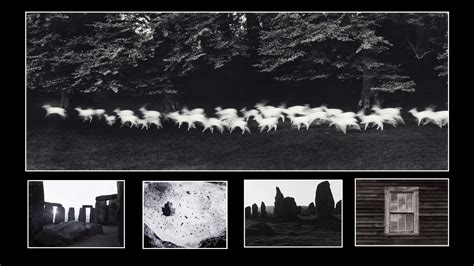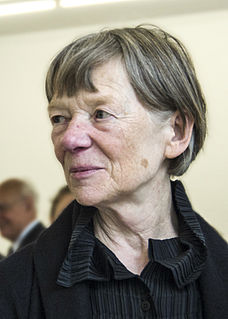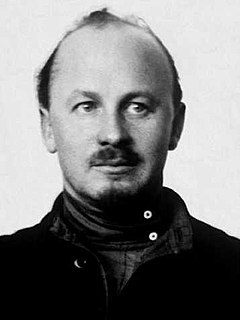A Quote by Mihaly Csikszentmihalyi
What does this contradictory pattern mean?one conclusion seems inevitable: when it comes to work, people do not heed the evidence of their senses. They disregard the quality of immediate experience, and base their motivation instead on the strongly rooted cultural stereotype of what work is supposed to be like. They think of it as an imposition, a constraint, an infringement of their freedom, and therefore something to be avoided as much as possible.
Quote Topics
Avoided
Base
Conclusion
Constraint
Contradictory
Cultural
Disregard
Does
Evidence
Experience
Freedom
Heed
Immediate
Imposition
Inevitable
Infringement
Instead
Like
Mean
Motivation
Much
Pattern
People
Possible
Quality
Rooted
Seems
Senses
Something
Stereotype
Strongly
Supposed
Supposed To Be
Therefore
Think
Work
Related Quotes
Work incessantly, cultivate discrimination, gather freedom from your own hard-earned results. Disregard successes but go back for help in an immediate problem. The possibility of discovery is everywhere. Freedom from your own work allows for intuition that draws from all your experience and perception but goes beyond it.
We aren't defined by our work. People think if you over-identify with your work, then that must mean you're giving over too much of yourself to it, that there's something wrong with that. We're trained to believe in things like work-life balance. So much work is tending towards service. It's very much about creating experiences rather than products, and it makes those boundaries between life and work very slippery.
But where only a free play of our presentational powers is to be sustained, as in the case of pleasure gardens, room decoration, all sorts of useful utensils, and so on, any regularity that has an air of constraint is [to be] avoided as much as possible. That is why the English taste in gardens, or the baroque taste in furniture, carries the imagination's freedom very far, even to the verge of the grotesque, because it is precisely this divorce from any constraint of a rule that the case is posited where taste can show its greatest perfection in designs made by the imagination.
Here is an entirely banal idea that I think has the potential to change the world: Take evidence seriously. Taking evidence seriously does not mean privileging numbers over all other forms of knowledge - theories, narratives, images. Nor does it mean the kind of radical skepticism that questions everything to the point where no action is possible.
The statement "I am in pain" may be one piece of evidence for the conclusion that the speaker is in pain, but it is not the only possible evidence, and since people sometimes tell lies, not even the best possible evidence. Even if there were stronger grounds for refusing to attribute pain to those who do not have language, the consequences of this refusal might lead us to reject the conclusion. Human infants and young children are unable to use language. Are we to deny that a year-old child can suffer?
I think what helps enormously is the cultural environment that you have set. We constantly try to monitor it. When you have a base to work from that holds it together, that's something that you can go back to and rely on. A lot of is down to the consistency of work, the consistency of message and the consistency of the players' performances.
I'm not someone that wants to control everything. I like to work with people that bring their talents to the project. So I like it when the makeup artist has a chance to do their work, when the dresser does their work, when the director does their work. They all come with stories and ideas to think about.
I need to find avenues to express all of my creativity. There's always polarizing forces. Sometimes I feel like my work is going in different directions, but hopefully it's just expanding. And I think as much as possible to just let ourselves be in all the various aspects. I feel more inspired by people who just will let themselves be as creators, and I don't think it has to be contradictory.
I'm fortunate enough that every job I do seems to be, at the very least, teaching me something fantastic. I make new friends. I work with talented people. And each project and experience seems to be better than the last. I seem to be topping myself all the time. I think to myself: "It can't get better, it can't get better..." And then something happens that makes me feel like I'm truly richer for the experience.





































